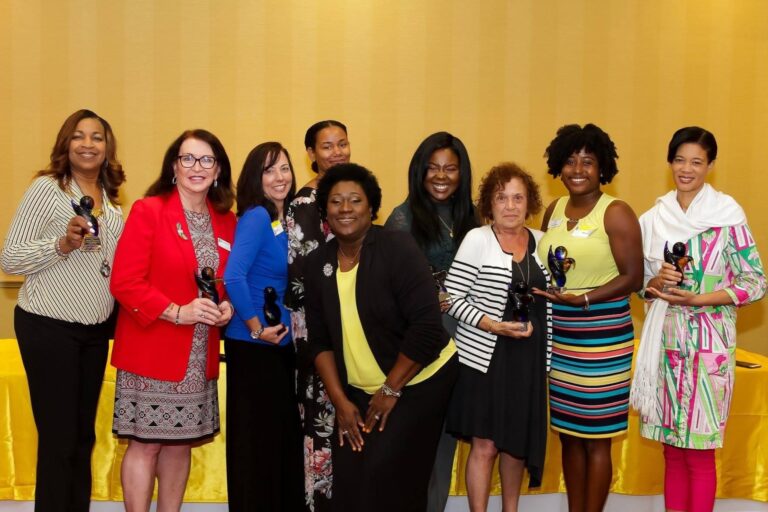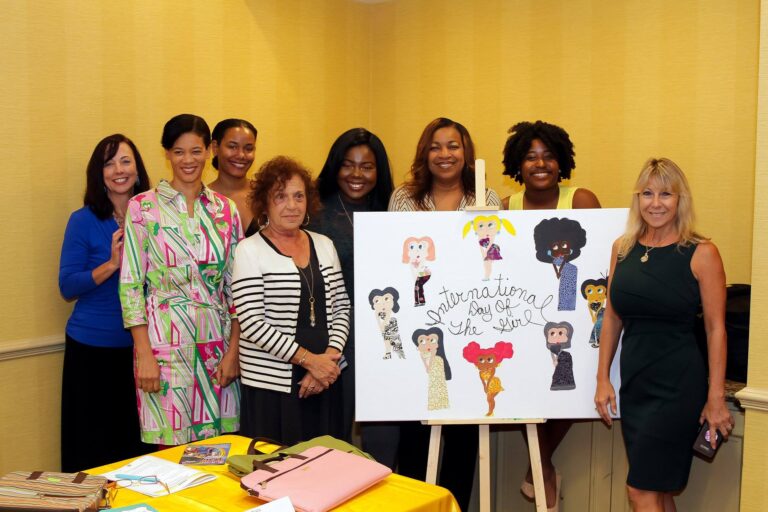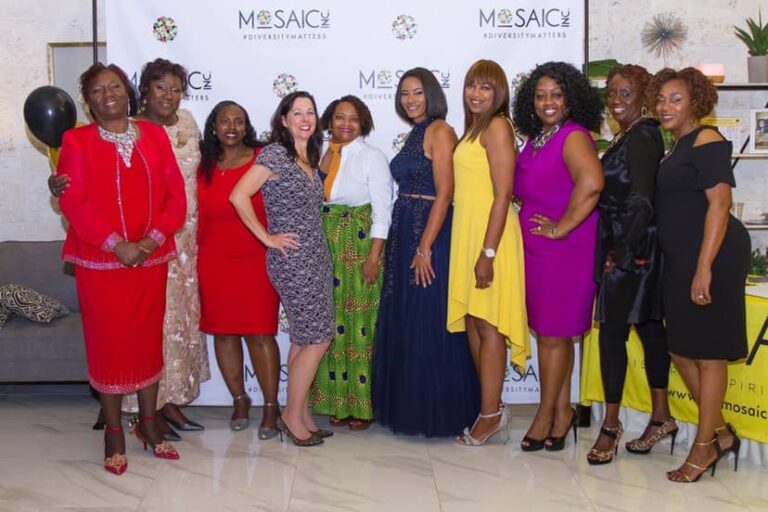Welcome to the Mosaic community, where we foster candid, transformative discussions on the nuances of everyday interactions. Today, we dive into a simple yet profound topic: women’s frequent use of the word “sorry.” This isn’t just about etiquette or politeness; it’s about understanding the more profound implications of our words and how they shape our presence in the world.
The Apology Reflex
Have you ever apologized for brushing someone with your luggage, missing an event, or even asking to speak? These scenarios might seem worthy of a quick “I’m sorry,” but they reveal a pattern. Many women, often without realizing it, use apologies not just to express regret but also to avoid conflict or to take up less space—almost as if saying, “I’m sorry for existing.”
Cultural Conditioning
This behavior isn’t just personal; it’s artistic. From a young age, girls are often taught to be agreeable, accommodating, and non-confrontational—qualities that can lead to an overuse of apologies. This conditioning runs deep, affecting how women perceive themselves and their right to assertiveness.

Impact of Over-Apologizing
Dr. Caletta Washington said, “A sorry mule cannot carry the load.” This metaphor beautifully captures the burden of unnecessary apologies on one’s self-esteem and authority. Frequent apologies, especially for your mere presence or reasonable actions, can diminish how others perceive your confidence and competence.
A Call to Conscious Communication: we must be mindful of our language. Words can shape reality and influence how we are seen and treated. Encouraging women to replace unnecessary apologies with expressions of gratitude, such as “Thank you for your patience,” or affirmative statements, such as “Let’s move the meeting to a time that works for both,” can change the tone of interactions and reinforce a sense of self-worth.
Embracing Authenticity
Authenticity is a superpower. It’s about embracing your uniqueness, asserting your space without hesitation, and recognizing your inherent worth. This shift is not just important, it’s transformative. It’s a catalyst for personal growth and professional development, enhancing your leadership qualities and fostering respect.
The Path Forward
Let’s embark on a journey of self-discovery: Over the next few days, pay attention to how often you apologize and in what situations. Are these apologies truly necessary, or are they just a way to downplay your presence? By increasing our awareness, we can begin to rewrite the script, one word at a time, and reclaim our power.
Let’s cultivate an environment where women feel empowered to own their space without apology. It’s not just about correcting a habit but transforming how we interact with the world around us. Own your voice and space, and let your existence be unapologetically brilliant.
Join the Conversation
We’d love to hear your thoughts and experiences on this topic. Have you noticed this pattern in your own life? What strategies have you found effective in owning your space? Share your stories in the comments below, and let’s continue this critical Conversation together.









